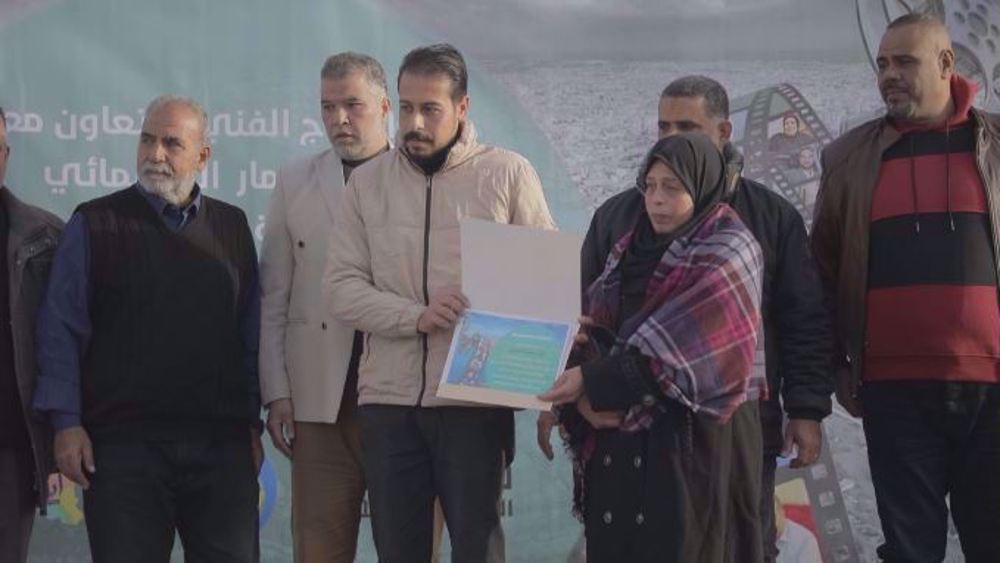Efforts begin to save JCPOA under Biden administration
Jerome Hughes
Press TV, Brussels
They are clearly very different issues, but EU foreign affairs ministers have agreed the two main policy areas on which they want to make progress with the United States: climate change and the Iran nuclear deal, officially known as the JCPOA, the Joint Comprehensive Plan of Action. The ministers have just concluded face-to-face talks on the subjects in Brussels.
That new start is necessary because of Donald Trump's hate-fueled anti-Iran campaign during the past four years. The former US president pulled Washington out of the nuclear deal in 2018 and imposed unilateral sanctions designed to try and cripple Iran's economy.
Firms across the European Union have made it clear they very much want to do business with the Islamic Republic. Economists say US banking-related sanctions against Tehran are stifling that business.
There is now some optimism that change is coming because Joe Biden has indicated the US will rejoin the nuclear accord, which was signed by Iran and six world powers in 2015, and underpinned by the United Nations. With the possibility that US sanctions against Tehran will be lifted, EU businesses should prepare to start trading, experts suggest.
With a population greater than 80 million people, Iran represents a big opportunity for EU firms, it has been pointed out. The 27-country bloc, which is heavily dependent on energy imports, could also address fuel security issues.
Tehran says Washington can only rejoin the JCPOA if there are no preconditions. Since entering the White House last week, Joe Biden has already spoken with Boris Johnson and Emmanuel Macron about the nuclear deal. The big unknown right now is will Biden be willing or able to stand up to those who want to see the agreement disintegrate.
Hamas says it fulfilled all its obligations under Gaza ceasefire deal
Hezbollah condemns Israel's ‘treacherous assassination’ of Al-Housh Mosque imam
Israeli woman shocked after being listed as ‘dead’ in recent Iran riots
VIDEO | IAEA and its policies
VIDEO | Crackdown at home, lecturing abroad
Israel clearing northern Gaza land for settlements: Report
Gaza deadliest place for journalists and aid workers: UNRWA chief
Israel claims body of final captive recovered from Gaza









 This makes it easy to access the Press TV website
This makes it easy to access the Press TV website